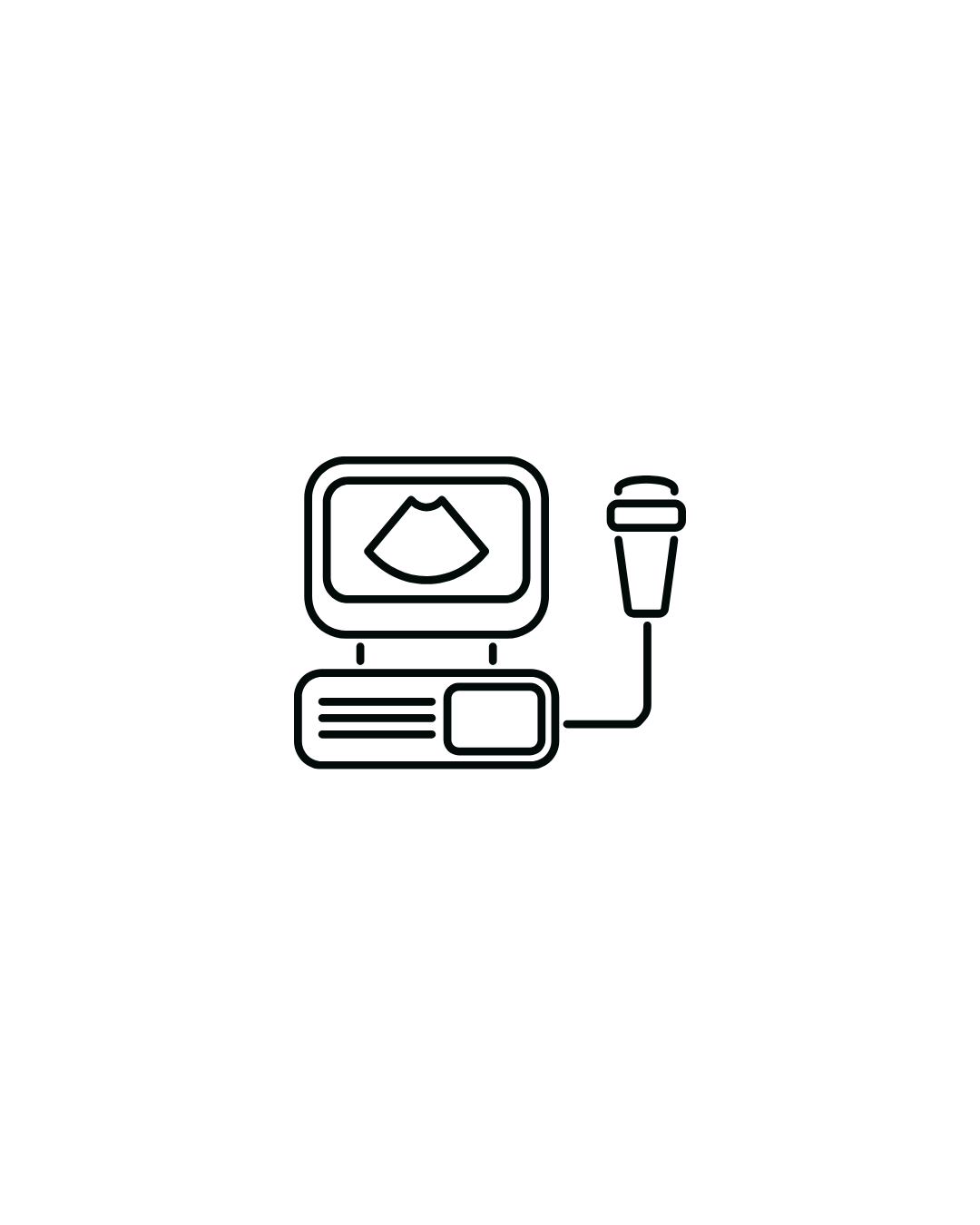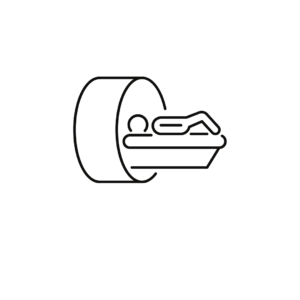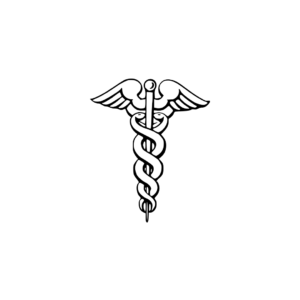Description
Overview of Certificate Course in Ultrasound Technology (UST)
The Certificate Course in Ultrasound Technology (UST) is designed to equip students with the knowledge and skills necessary to perform ultrasound imaging procedures. This program focuses on the principles and applications of ultrasound technology in medical diagnostics, preparing students for a career in the healthcare field where they can support patient care through non-invasive imaging techniques.
Core Areas of Study in the UST Certificate Course
Introduction to Ultrasound Technology
Overview of ultrasound technology, its history, principles of operation, and the significance of ultrasound in modern medicine.
Basic Anatomy and Physiology
Study of human anatomy relevant to ultrasound imaging, including understanding major organ systems and anatomical landmarks.
Ultrasound Imaging Techniques
In-depth study of different ultrasound procedures, including:
Abdominal ultrasound
Obstetric and gynecological ultrasound
Cardiac ultrasound (echocardiography)
Vascular ultrasound
Instrumentation and Equipment Operation
Familiarization with ultrasound machines, transducers, and equipment settings for various imaging modalities, including image optimization techniques.
Patient Care and Communication
Skills for effectively interacting with patients, including preparing them for examinations, explaining procedures, and ensuring their comfort during scans.
Safety and Ethics in Ultrasound
Understanding safety protocols to ensure patient and staff well-being, along with ethical considerations in patient care and confidentiality.
Image Quality and Interpretation
Techniques for evaluating ultrasound image quality, recognizing artifacts, and understanding basic image interpretation.
Clinical Practice
Hands-on training through clinical practice, providing real-world experience in conducting ultrasound examinations under supervision.
Curriculum Structure
A typical Certificate Course in Ultrasound Technology may include:
Core Courses: Essential subjects covering ultrasound principles, anatomy, patient care, and imaging techniques.
Laboratory Practicum: Hands-on sessions where students practice ultrasound scanning techniques and familiarize themselves with equipment.
Clinical Experience: Opportunities to work in healthcare settings under supervision, allowing students to apply their skills in real-world scenarios.
Admission Requirements
Admission to a Certificate Course in Ultrasound Technology typically requires:
A high school diploma or equivalent, with preferred coursework in biology and physics.
While prior medical or healthcare experience may be beneficial, it is not always required for entry into the program.
Some institutions may require an interview or assessment as part of the admission process.
Skills Developed in the UST Certificate Course
Graduates of the Certificate Course in Ultrasound Technology will develop essential skills, including:
Technical Proficiency: Ability to operate ultrasound equipment and conduct various ultrasound examinations accurately and safely.
Anatomical Knowledge: Understanding relevant structures and systems to ensure effective imaging techniques.
Patient Interaction Skills: Ability to communicate clearly with patients, explaining procedures and addressing any concerns before and during examinations.
Image Evaluation: Skills in assessing ultrasound image quality and recognizing common artifacts and anatomical variations.
Critical Thinking: Ability to assess imaging needs and apply appropriate techniques for different ultrasound applications.
Career Opportunities
Upon completion of the Certificate Course in Ultrasound Technology, graduates can pursue various entry-level positions, including:
Ultrasound Technician (Sonographer)
Performing ultrasound examinations, obtaining diagnostic images, and assisting in the interpretation of results.
Diagnostic Medical Sonographer
Specializing in a specific area of ultrasound (e.g., obstetrics, abdominal, or vascular sonography) and working closely with healthcare providers to support patient care.
Healthcare Support Staff
Assisting in medical imaging facilities with patient preparation and supporting ultrasound technologists and radiologists.
Clinical Assistant
Providing support in various clinical settings, assisting in patient care and imaging procedures.
Conclusion
The Certificate Course in Ultrasound Technology provides students with the critical skills and knowledge needed to pursue a rewarding career in the field of medical imaging. Graduates will be capable of contributing significantly to diagnostic processes and improving patient outcomes through proficient ultrasound techniques. If you have any further questions about the Certificate Course in Ultrasound Technology or related topics, feel free to ask!









